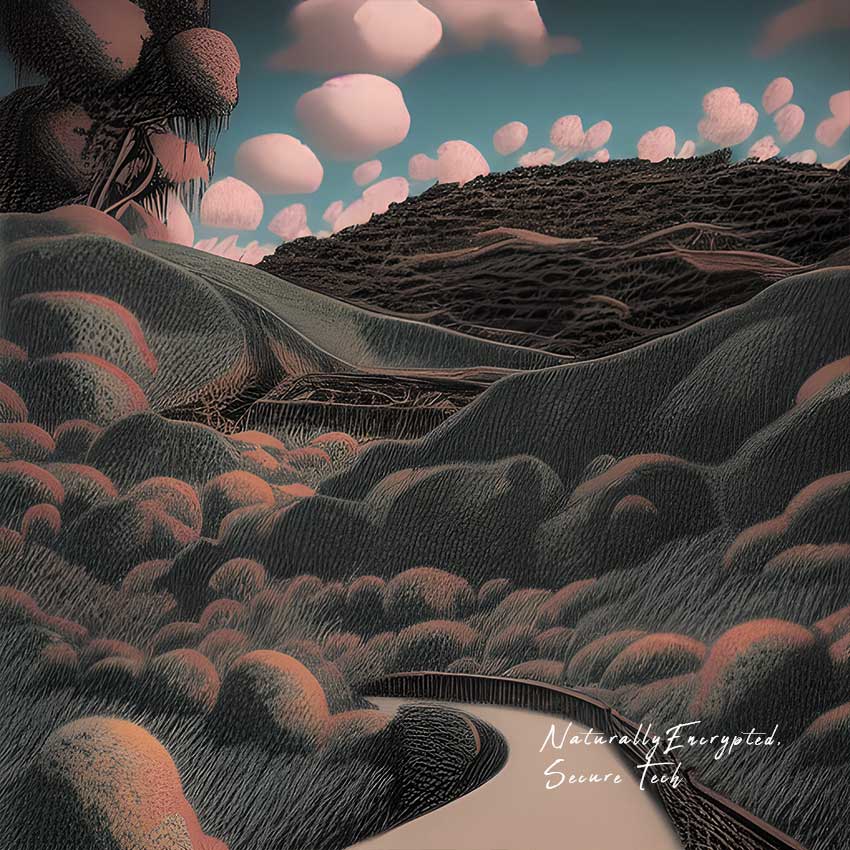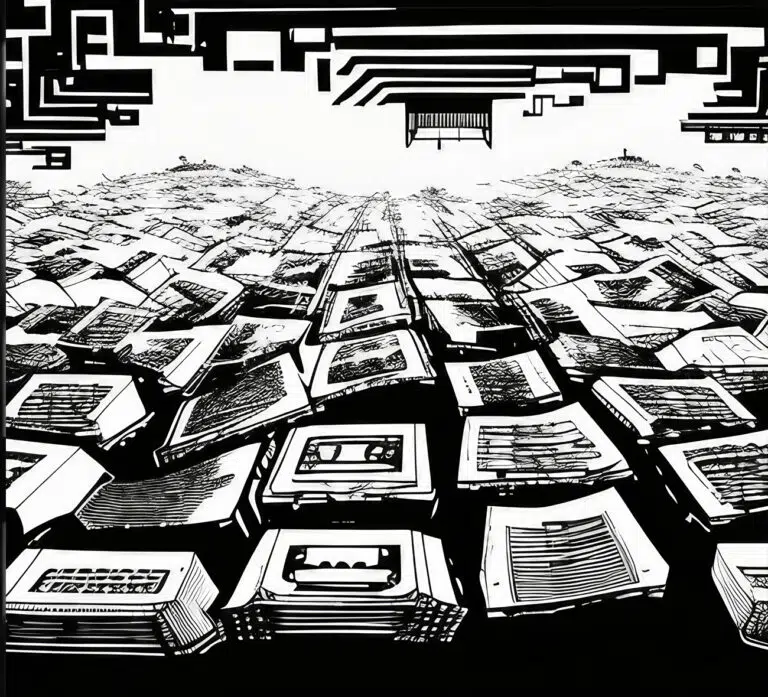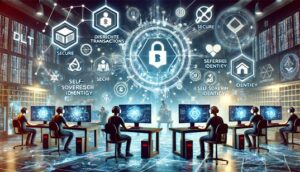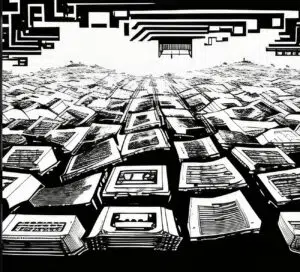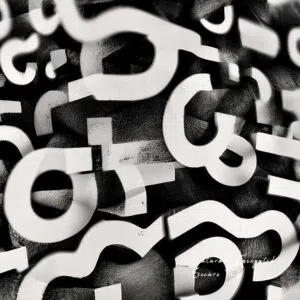The growing fascination with Cryptocurrency and Blockchain within the conventional financial realm is both evident and expected. This momentum inscribes fresh optimism into the current bearish landscape, leading many to speculate that we might be on the cusp of a potential bullish resurgence. As highlighted in our prior discourse on the surge of traditional capital, this influx could be the spark that ignites the next bull run. Beyond the top crypto asset class like BTC and ETH, there’s another domain capturing the attention of traditional financiers: Real-World Asset (RWA). But what exactly does this entail? What does the “real world” signify? Let’s explore together!
What is RWA?
RWA, or Real-World Assets, are tangible assets that exist in our everyday lives. These assets are embedded with intrinsic value, often encompassing real estate, land, vehicles, etc. A unifying trait of these assets is their relative stability in value, making them prime candidates for collateral in loans or as investment instruments. When we delve into the realm of the crypto market, the conversation around RWA pivots to the exciting process of transforming these tangible assets into digital tokens.
Possible RWA to be Tokenized?
The horizon of RWA tokenization is expansive. Common types targeted to tokenized are real estate, precious metals, and art masterpieces to intangible assets such as intellectual properties, unique collectibles, and even financial instruments like insurance, bonds, and stocks. And more, we might soon witness the digital transformation of complicated assets like patents, copyrights, or specific contractual entitlements.
Interestingly, a form of RWA already exists with a net worth rivaling Bitcoin: the USD-pegged stablecoin. Essentially a digital version of the US dollar, it serves as a pivotal trading medium in exchanges and DeFi platforms, indicating its crucial position in the crypto realm.
Understanding the Connection Between RWA and NFTs
Tokenizing Real-World Assets (RWA) is fundamentally about translating tangible assets into the digital domain, and this is where Non-Fungible Tokens (NFTs) shine. NFTs, distinct digital tokens authenticated via blockchain technology, are tailor-made to encapsulate RWAs. Just as an NFT can encapsulate a digital artwork’s essence, it can equivalently embody a tangible asset, proving its genuineness, ownership, and lineage in the digital world.
The inclination towards NFTs over fungible tokens for RWA tokenization stems from the inherent uniqueness of many real-world assets. Even assets of the same category can vary in attributes — location, dimensions, value in real estate, or bond maturity periods. And then there are assets with stark distinctions, like patents or artworks. Consequently, the future of RWA tokenization will mainly revolve around NFTs, allowing these assets to thrive in a digital ecosystem.
The Upsides of RWA Tokenization
1. Breaking Down Regulatory Barriers
Tokenizing RWAs paves the way to sidestep many regulatory hurdles, democratizing asset access. Being relatively newborn, the crypto realm grapples with regulatory ambiguities and a tarnished reputation from scams. However, RWAs — anchored in traditional assets like real estate, bonds, and precious metals — come with established regulatory frameworks and trading histories. Given the pre-existing surveillance on the underlying assets, this familiarity simplifies the transition to their digital counterparts.
2. Boosted Liquidity and Global Reach
Tokenized assets, when traded on digital platforms, enjoy heightened liquidity. Moreover, they beckon DeFi enthusiasts, diversifying investment avenues in the DeFi landscape. Consider the burgeoning interest in U.S. Bonds within the DeFi space, spurred by the dwindling DeFi yields against surging U.S. Bond yields. This appeal, combined with DeFi’s ability to transcend geographical and jurisdictional constraints, empowers investors with a global palette, enriching portfolio diversification.
Furthermore, the tokenization paradigm introduces fractional ownership, opening opportunities for smaller investors to access traditionally high-barrier assets. For investors interested in low-risk investments like real estate but with limited funds, this would be why they jump into the crypto market.
3. Efficiency and Cost-Effectiveness
Traditional asset transfers can be time-consuming and expensive. The process can involve paperwork, human labor, communication, confirmation, etc. Tokenization offers to expedite transactions and trim costs. Reflect on stock trading: conventional systems, reliant on human intervention, impose settlement times and operate on business days. In contrast, smart contract-driven trades can run 24/7, killing the T+1 settlement lag and human errors. Crypto trading is well-known for its efficiency and trust in trading experience. Imagine this can be the same when trading real estate, cars, diamonds, pre-sale wine, etc.
4. Innovative Mechanisms on the Horizon
The fusion of RWAs with smart contracts heralds a future brimming with novel investment tools and mechanisms. Imagine automated rent collections, dividend disbursements, or even stakeholder voting processes. Or, delve deeper into avant-garde offerings: trade a music album’s annual revenue, effortlessly collateralize real estate for stock options, or rent a membership by the hour. The digital realm’s expansiveness and interoperability promise a cornucopia of possibilities.
Final Thoughts
RWA introduces a refreshing dimension to the blockchain and cryptocurrency narrative. While our usual discourse revolves around pumping cryptocurrencies, revolutionary protocols, or avant-garde NFTs, RWA pivots to the tangible, the familiar. It’s a bridge between our everyday assets and the digital frontier, leveraging technology to enhance ownership, trading, and management experiences. At its essence, it’s about digitalizing the tangible, making the abstract concrete. And perhaps, this very simplicity might be the beacon drawing many into the Web3 universe. When Web3 promises tangible enhancements to our daily assets, outperforming the attraction of quirky NFT art or volatile tokens, it is definitely worth a closer look from you. Until our next exploration, stay curious!
